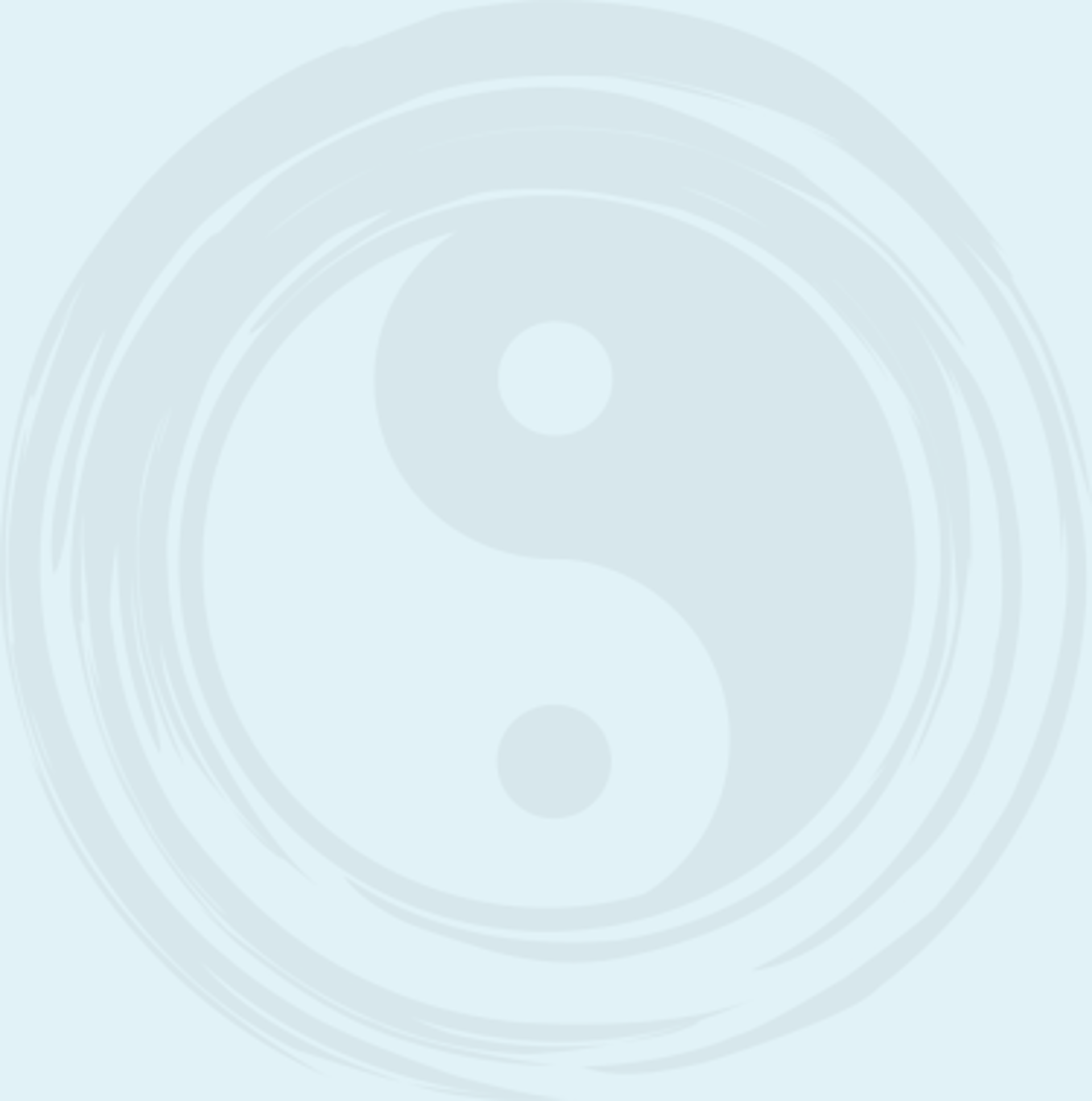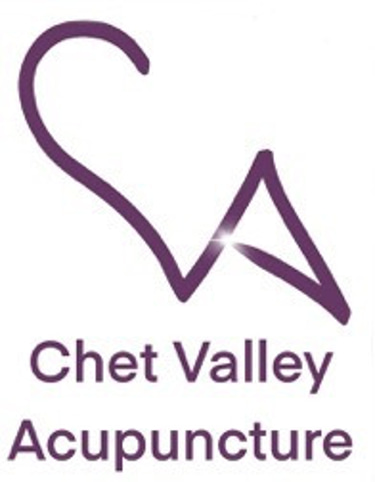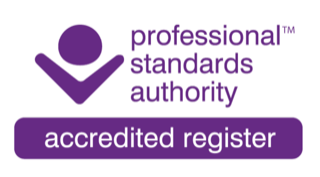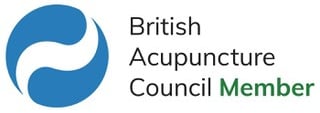
How does acupuncture work?
Very fine needles are inserted into specific points on the body to stimulate certain changes. Through these changes, the body seeks to restore its natural balance, thus reducing or eliminating ill-health and pain.
There is an enormous number of research articles into the mechanisms of effect of acupuncture in biomedical terms. If you would like to read more, click - here -
Should I use acupuncture or conventional ‘Western’ medicine?
The ideal approach may well be a combination of the two. Conventional biomedicine should always be chosen over acupuncture for emergency care, surgery, diagnostic tests (incl. scans, blood analysis) and for essential use of antibiotics, for example. Acupuncture comes into its own when the side effects of conventional medicine are undesirable, when there are limited treatment options or when a different way of understanding an issue may be beneficial. Acupuncture can also be used as a preventative medicine.
The 'Western' medicine approach is to focus on the smaller parts that make up the whole (e.g. cells, organs); Chinese Medicine emphasises understanding the whole and how this affects the smaller parts.
How many treatments will I need?
That depends on what the issue is and your general health at the time. It is usual to need a course of treatments, much as one might follow a course of treatment in any other medical system. A typical frozen shoulder, for example, may expect to need 4-6 treatments to show improvements, whereas chronic conditions such as arthritis or chronic fatigue syndrome may need a lot more.
It is usual to book an initial block of 4-6 sessions on a weekly basis, then to space treatments out to e.g. monthly then less.
Acupuncture is a collaborative practice and achieves its best results when you take an active part in your treatment plan, i.e. discussing with me achievable changes relevant to your situation.
What can I expect when I arrive?
I shall meet you at the front door and take you down the hallway to the consultation room. We’ll sit down and, if it’s your first visit, there will be an initial consultation which will involve questions regarding your medical history, symptoms and lifestyle. Some questions may seem unrelated to the issue at hand, but the Chinese Medicine approach takes many factors into account in its understanding of an individual’s needs.
I shall ask to see your tongue and to take your pulses at both wrists.
We shall then go through the doors into the treatment room, a small, bright area with a treatment couch and a chair in it. You may need to remove or roll up articles of clothing for me to access certain acupoints. It is therefore best to arrive wearing loose fitting clothing and to bring a lightweight towel or similar to use as a cover if needed.
There are steps up to the couch, if needed. You will be asked to either lie down on your front, on your back, on your side or to sit in the chair, depending on the treatment.
I shall then insert the needles which are usually retained for approx. 20mins, again depending on the treatment. I may adjust or manipulate the needles while they are in place. I shall stay in the treatment room with you for the duration of your treatment.
All of your information will be treated confidentially.
I’m nervous of needles. Maybe acupuncture isn’t for me?
Maybe it is, maybe it isn’t. If you feel nervous of the needles, but you are hoping to try acupuncture, I am very happy to show you the needles and talk you through the process. The needles are very thin and you usually don't notice them being inserted. Acupressure can work as an alternative to needling in some cases, with or without moxibustion and gua sha, as appropriate.
If you do decide to give acupuncture a try, your first treatment will be very gentle, and I would recommend you have a snack beforehand.
Are there any side effects?
Although uncommon, mild side effects may include bruising, aching, dizziness, fatigue.
Serious side effects are extremely rare (approx. 0.0004% of cases). Click - here - to read a paper examining the side effects of acupuncture (Huang et al., 2024).
Electro-acupuncture is not advised for clients with pacemakers or epilepsy.
How long is a session?
Please allow up to 90mins for the initial appointment. Follow-up appointments take 45-60mins.
How much does it cost?
£45 per session.
Cancellation policy: if you cancel with less than 24 hours’ notice, you may be charged the full amount, unless the appointment can be filled by someone on the waiting list.
Will I have to get undressed?
Please wear loose-fitting clothing that is easy to roll up/down. You may be asked to remove an article of clothing for me to reach certain points but only if you are comfortable with doing so. Please bring a lightweight towel or similar as a covering.




